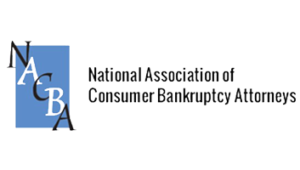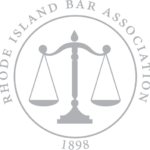Top 7 Reasons To File Chapter 7 vs Chapter 13
Here are the 7 most common reasons to file a Chapter 7 bankruptcy instead of a Chapter 13 bankruptcy.
Get Bankruptcy Advice Even If You Have No Intention To File
Getting timely bankruptcy advice is helpful even if you have no intention to file for bankruptcy relief. If you are dealing with more than $ 10,000 in unsecured debt and want to know all of your options, a respected bankruptcy attorney should be the first financial adviser to call.
Which Debts To Pay First
Not all debts are created equal. Don’t waste your limited resources paying down credit card debt, when you need to keep current on your house mortgage and car loan. Prioritize your debts based on secured versus unsecured.
College Students And Overwhelming Credit Card Debt
Banks target college students and pay big money to get on college campuses. Buy now, pay later can appeal to a struggling student, but can often lead to overwhelming credit card debt.
“How Much Do You Charge To File Bankruptcy”
What does a Rhode Island Bankruptcy Cost? An experienced bankruptcy lawyer should quote you a fee tailored to the complexity of your case. There is no one-price-fits-all because every case is different. Be skeptical of any attorney who quotes you a fee without first taking the time to understand your situation.
Do Chapter 7 Debtors Have to go to RI Bankruptcy Court?
In most cases, debtors who file for Chapter 7 bankruptcy relief in Rhode Island, do not have to go the RI Bankruptcy Court. Instead, they attend a brief hearing known as a Section 341 meeting of creditors that typically lasts less than 5 minutes.
Choosing the Best Rhode Island Bankruptcy Lawyer
The best RI bankruptcy lawyer devotes his practice exclusively to Rhode Island bankruptcy work, handles your case himself, provides good communication, and charges a fair fee.
14 Lies About Bankruptcy
RI Bankruptcy lawyer separates fact from fiction concerning filing bankrupty. Those struggling with unpayable debt should learn more about bankruptcy relief.
The Truth About Debt Settlement Plans: Part I
Almost 90% of debt management and debt settlement plans fail. Discuss your debt problems with a qualified bankruptcy attorney to save time and money.




